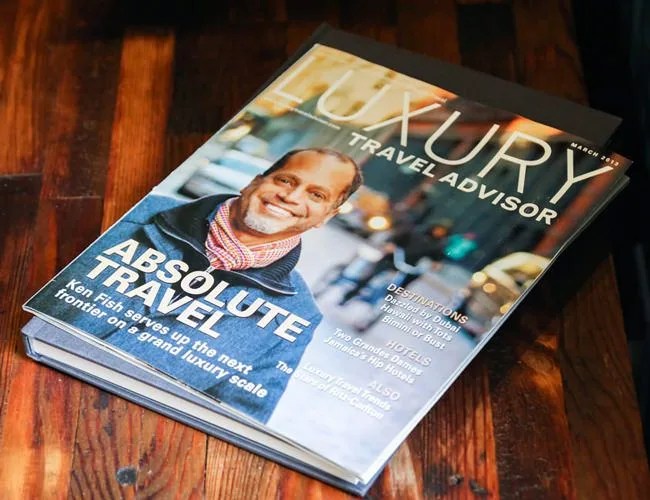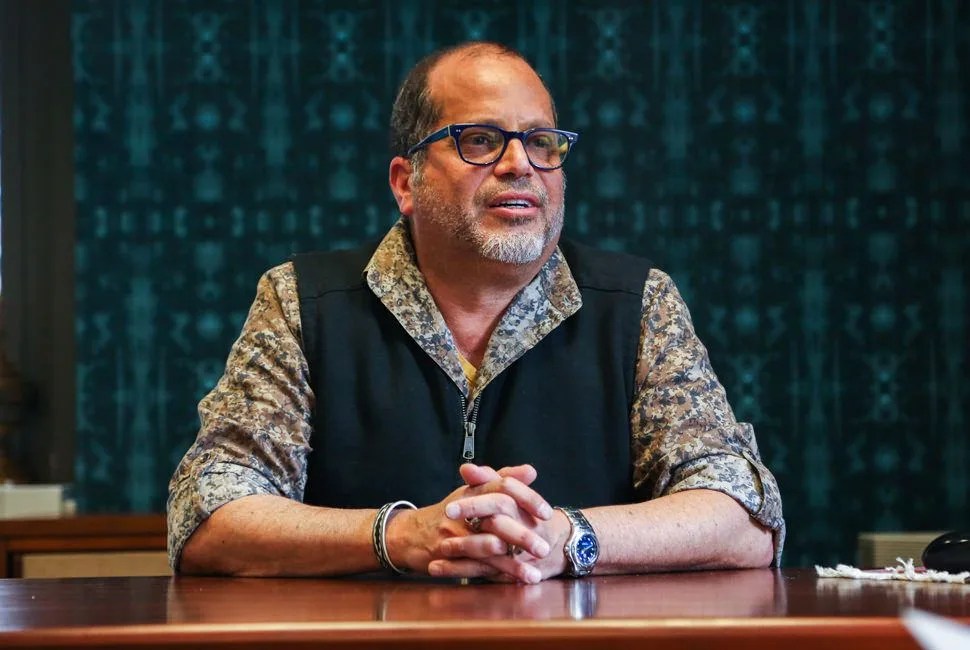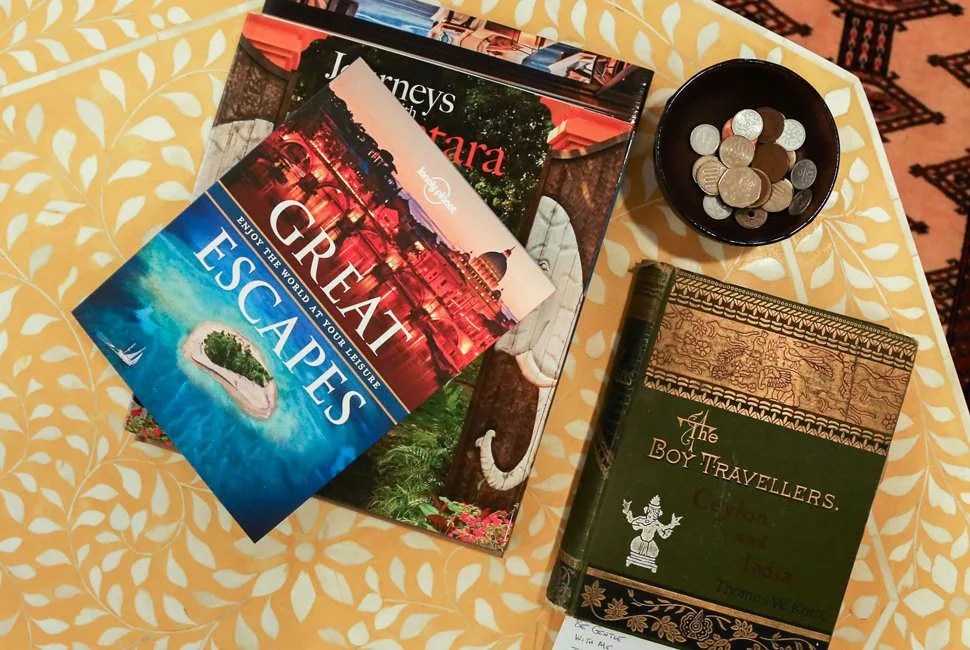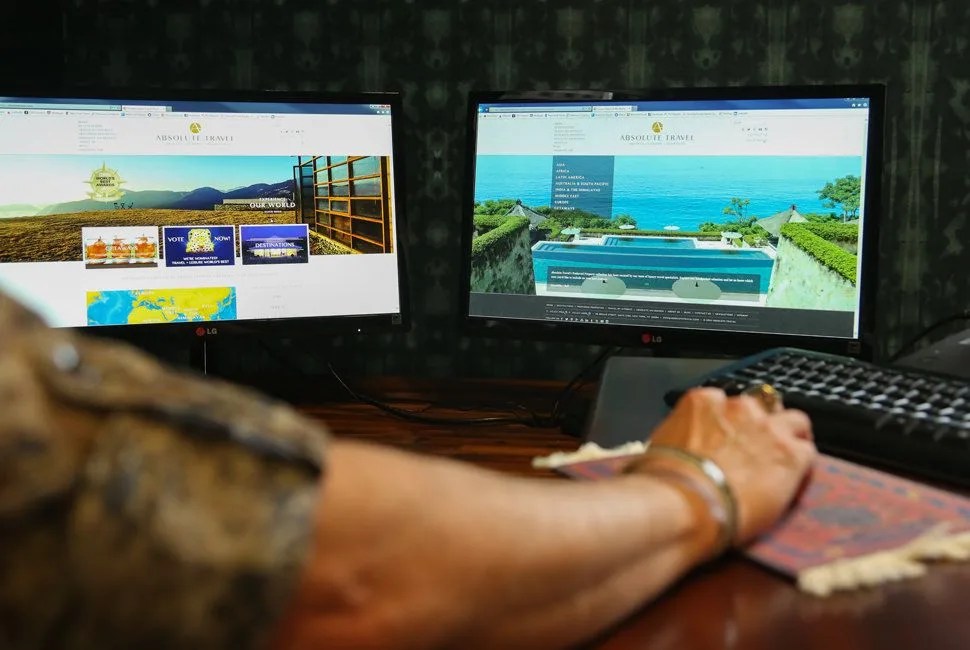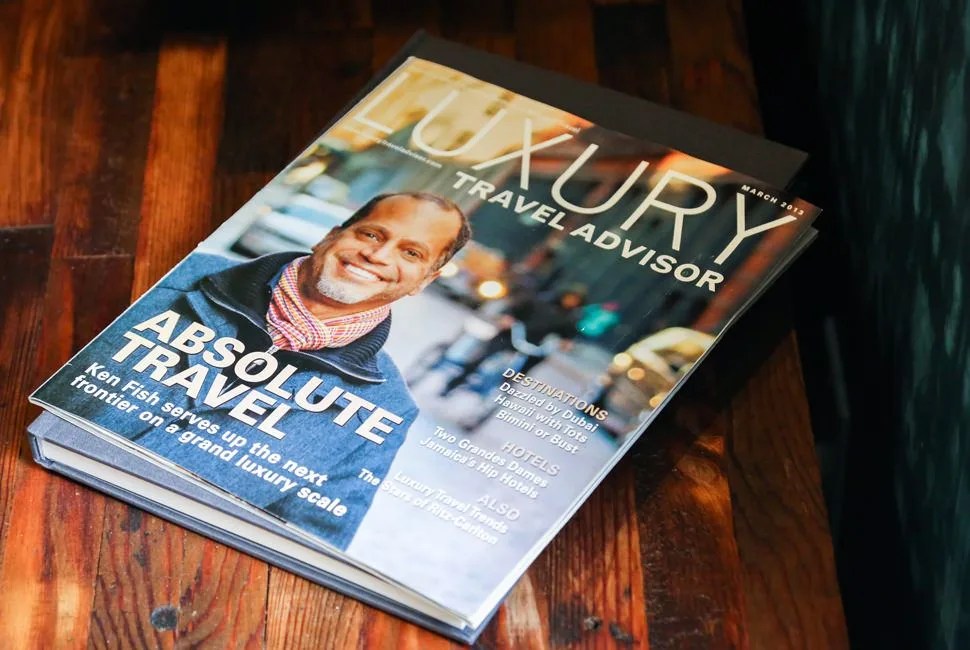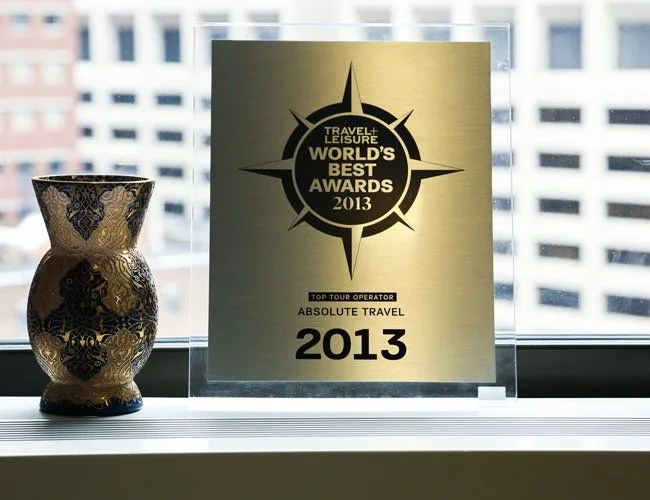5 photos
In his commentary on the recent book The End of Airports, which discusses the ways in which time has dulled the miracle of air travel, Nathan Heller, a New Yorker writer and frequent traveler, argued that we are now on the downward side of what was once a “golden age” in air travel. “The battle between jet planes and smartphones isn’t about speed or glamour,” Heller wrote. “It’s about ways of knowing.” He’s referring to the growing desire among travelers to go beyond the places they see online. Endless streams of travel photographs, and articles rounding up tourists traps and “locals-only” spots, posted on countless blogs and travel magazines, make anything less than the truly novel and growth-inspiring feel discounted, like finding footprints on the Moon.
This is especially true in 2016, when common sense says that travel agencies stand prominent in a long line of industries crippled and mutilated by the advent of the internet, snuggled right between Yellow Pages and Blockbuster. Online booking agencies, such as Expedia and Priceline, proved able to cut out the middlemen and wrestled power back to the people, or so the story goes, while user-generated sites like TripAdvisor and Yelp provided the itinerary. But this wealth of knowledge comes from outsiders — you and me and your friend posting on Facebook — who are only observers in foreign cultures. Outsiders telling outsiders how to get inside. But if Ken Fish is any indication, this outsiderness can be cured, for a price.
“Look, unless you have a reliable source, it’s pretty hard to plan your own trip,” said Fish, at his offices in Manhattan. “Unless you’re really prepared to manage your trip from beginning to end…to get up in the morning and answer every question: Is that really the best hotel, or just by reputation? What’s the right room? Do you know anyone there? Will they give you a special experience, or just know you by name when you arrive?” That’s where Fish comes in.
In 1989, Fish founded a small travel agency called Absolute Australia. After almost 30 years and several expansions to an even greater number of countries, his agency has grown into a powerhouse among luxury travel — the type that, for a few thousand dollars, can remove the stress of planning a trip and promise to deliver an authentic, tailored experience. His New York office, now generalized to Absolute Travel, sits on the 17th floor of a building that coincidentally overlooks the red-bricked building in lower Manhattan where, at 22, he left his finance job for the travel industry.
Fish’s office is a collision of places, as one might expect. The room is ringed in uninterrupted deep green wallpaper; paintings from around the world lean against the walls, waiting to be hung. At the room’s center are two beautiful, comfortable chairs, waiting for his next client and resting on a Persian rug that matches his mousepad. The view from the window, the gray grid of the financial district, is obstructed partially by a series of trinkets from around the world, among them a globe, a photograph of Fish smiling and shaking hands with Bill Clinton, and, most prominent, an award from Travel + Leisure for World’s Best Tour Operator, among the most coveted designations in the industry.
Travel is big business in America, and it’s getting bigger. In 2015, the total market grew 5 percent, to $341 billion, and is predicted to reach $381 billion by 2017, according to a recent annual report by Phocuswright, a travel research company. The report also indicates that offline bookings, which include Absolute Travel, make up 56 percent of all travel bookings, and are expected to stay dominant for at least several more years. Most insulated in this offline group is the luxury sector, the niche market that Fish represents, giving trips that are marketed as something “truly private, customized and unique.”
